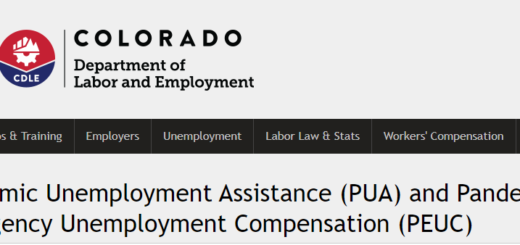Cloud Computing, a Really Old Idea

I’ve been an IT geek for many years. One of the things I noticed is computers get faster, memory increases and disks get bigger. New technology and ideas don ‘t come along very often. New ideas are often regurgitated old ideas.
Take for example, “The Cloud”. When I took training classes on Microsoft Azure, my first thought was “this reminds me of “timesharing”. In the olden days of computers, when computers were really expensive, few businesses, let alone people could afford them. Instead, businesses and schools would buy time. They would “share” computers with others, and only pay for the cycles (“time”) they used. No need to buy a new computer, pay only for what you use. Sound familiar?
Computers are now relatively inexpensive, so why is the cloud so popular? The advantage of the “cloud” is there is no need to get capital approval to buy the computer. There is no need to wait for the computer to ship. No need to install the OS. Need a new computer, go to the cloud and poof! you can have a fully functional computer in minutes. I remember going to a storeroom so see if I can find a decommissioned computer to meet my needs, Then I would search through the racks looking for rack space then lug the computer into the data center. I would need to find a power outlet, a port on the switch, then run a cable from the computer to the switch.
The cloud makes things so easy. No big capital outlays. And THAT can be a problem. Maybe the cloud makes things too easy. Setting up services in the cloud is so easy, if your company does not have a strong approval process, costs can easily get out of control.
Don’t get me wrong. The cloud has many advantages. The cloud is ideal for temporary projects, testing and proof of concepts. The cloud may be ideal for smaller companies that do not have the funds for capital outlays or to build out a data center. The cloud can save money for short term projects, but keep in mind that over time, costs of the cloud can add up. Short term savings can end up being a financial drain in the long term.




